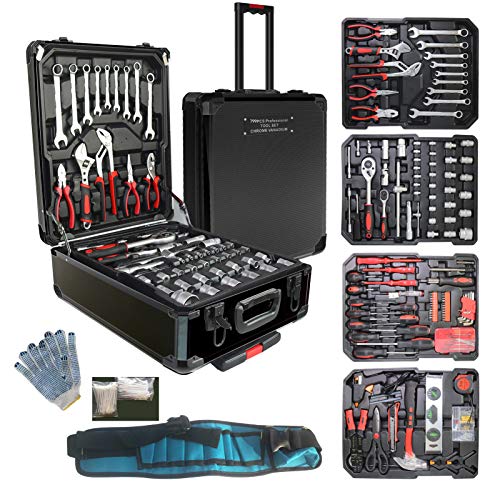Land-Pilot
Member
I'm posting this in response to another post I read regarding brake fluid.
Folks, please be aware that when you service your brakes you should also be checking the state of the fluid. Brake fluid should be changed completely periodically as it is hygroscopic (meaning it attracts moisture), which can cause internal corrosion issues and also cause the fluid to boil at high temps from braking thus leading to brake fade & failure. So since some of your rigs are of considerable size and weight and the brakes are under high loads during down hill driving I would recommend replacing it at least once a year to keep the system in good shape. Also if you cannot see through the fluid to the bottom of your master cylinder reservoir then it certainly needs a full replacement, which means having it sucked all the way through the lines until fresh clear fluid is seen at each wheel slave cylinder bleed screw. The recommended approach is to bleed the system starting at the furthest wheel from the master cylinder reservoir and making your way to the front.
Folks, please be aware that when you service your brakes you should also be checking the state of the fluid. Brake fluid should be changed completely periodically as it is hygroscopic (meaning it attracts moisture), which can cause internal corrosion issues and also cause the fluid to boil at high temps from braking thus leading to brake fade & failure. So since some of your rigs are of considerable size and weight and the brakes are under high loads during down hill driving I would recommend replacing it at least once a year to keep the system in good shape. Also if you cannot see through the fluid to the bottom of your master cylinder reservoir then it certainly needs a full replacement, which means having it sucked all the way through the lines until fresh clear fluid is seen at each wheel slave cylinder bleed screw. The recommended approach is to bleed the system starting at the furthest wheel from the master cylinder reservoir and making your way to the front.










































































